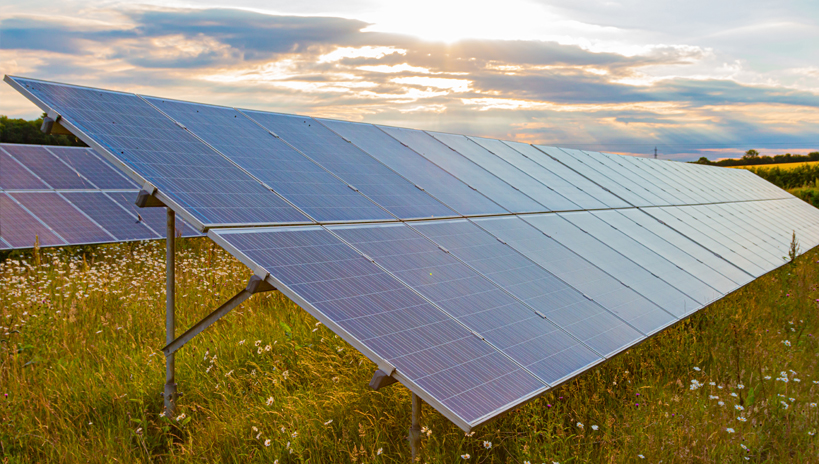Community energy enterprises serve a dual purpose, which has been brought into sharp focus with the onset of the pandemic. Over the long term they support the transition to net zero carbon emissions. In doing so, they generate profits which are used to fund local community projects. During 2020, three SASC projects* came together to provide COVID-19 crisis funds.
Ferry Farm Community Solar (Selsey near Chichester) has allocated £40,000 to a COVID-19 crisis fund to support the community’s response to the pandemic. The funds have been used to provide laptops to schools in the local area to enable remote learning, fund the work of the local foodbank for a year, establish a hardship fund and deliver meals to those isolating and shielding. Over the solar farm’s 25-year life, it is expected to generate up to £2 million of community funding.
This illustrates how local ownership of energy (and other infrastructure) can help communities be more resilient: generating funds to deploy for the benefit of local communities as needs arise; in this case for a crisis which has come out of the blue
Burnham and Weston Energy CIC (North Somerset)** has also set aside £40,000 for a COVID-19 crisis fund to support longer term projects to help the local community build back better from the recession.
Gawcott Solar CIC (Buckingham) has allocated £14,000 to a COVID-19 crisis fund with donations going to the local Food Bank, the Young Carers network and three local schools to fund learning materials for disadvantaged children and to support home learning platforms.
As community-owned enterprises, they were able to mobilise funds ahead of Government, and where it was urgently needed, to support community-organised aid networks.
This illustrates how local ownership of energy (and other infrastructure) can help communities be more resilient: generating funds to deploy for the benefit of local communities as needs arise; in this case for an unprecedented crisis.
Hopefully next year, they will return to their longer-term purpose of supporting their communities’ net zero transition and tackling fuel poverty, but at present there is no greater need and no better use for the surplus funds than helping people in their locality. If every town had a community energy enterprise, the story could be repeated across the UK – something to bear in mind as we plan our new zero carbon energy future.
Jake Burnyeat Director, Community for Renewables (CfR)
CfR manages Ferry Farm, Burnham and Weston Energy and Gawcott Solar


